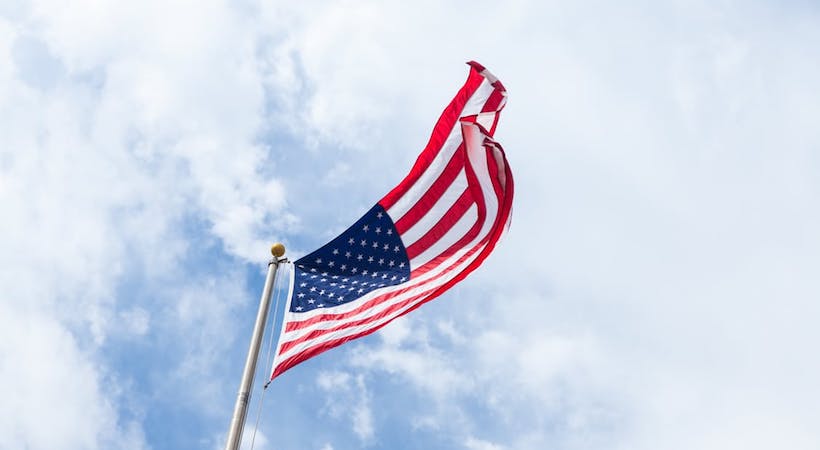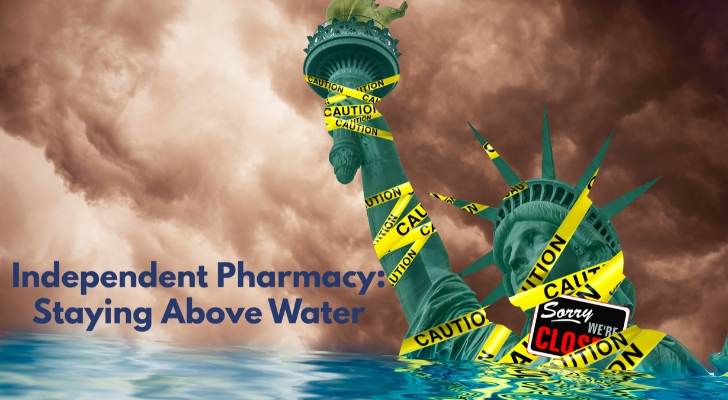Jason Money, Director of Government Affairs, AmerisourceBergen
The ascent of Donald Trump to President-elect surprised many. Now that he will be inaugurated as the 45th President of the United States, we move to consider what a Trump Administration will mean for community pharmacists.
The incoming administration has indicated that healthcare reform will be a major focus. On the campaign trail, President-elect Trump promised to “repeal and replace” the Affordable Care Act (ACA)1 and made similar promises on his campaign website, saying that a Trump administration would work with Congress to repeal the ACA, return health insurance regulations to the states, reestablish high-risk pools and promote health savings accounts (HSAs). He also promised to “maximize choice and create a dynamic market for health insurance” by giving people the ability to purchase health insurance across state lines.2
Repealing or Amending
Since winning the election and meeting with President Obama, however, Trump has hinted at a changed course regarding the ACA. In a post-election interview with The Wall Street Journal, Trump expressed a willingness to retain certain elements of the ACA, including provisions that prevent insurers from denying coverage due to patients’ preexisting conditions and allow children to remain on their parents’ policies until they reach age 26.3
What impact could an ACA repeal or revision have on community pharmacies? In 2015, the Congressional Budget Office (CBO) and the Joint Committee on Taxation (JCT) estimated that 24 million fewer people would have health insurance by 2020 if the ACA were repealed. That projection assumes individuals covered under Medicaid expansion and through the health insurance exchanges would be left without a coverage option in a post-ACA marketplace.4 But the CBO and JCT estimate does not consider the possibility-now promoted by Trump-of only revising the ACA, keeping some of its most popular provisions and taking other steps (e.g., enabling interstate purchase of health insurance) to encourage competition among insurers.
The net impact of a repeal effort remains unknown as the incoming President and Republican-led 115th Congress are in the process of drafting a detailed replacement plan and outlining a timeline for legislative action. However, with the possibility of fewer insured patients, community pharmacies could see lower prescription volumes.
Medicaid Reform
As Congress considers different policy options to repeal and replace the ACA, there is strong potential for Medicaid reform. President-elect Trump’s nomination of Indiana healthcare consultant Seema Verma appears to signal that the incoming administration will make Medicaid reform a priority. At present time, it is unclear what types of reforms could be proposed, but states, especially those preparing to submit their State Plan Amendments to implement the AMP Rule, will be paying close attention to the proposals coming out of Washington.
New Drugs on the Shelves
Beyond amending the ACA, a Trump administration could have an impact on community pharmacies with other policy proposals. In fact, as Trump assumes the role of President next month, he does so following the newly-enacted 21st Century Cures Act that, in part, is expected to “speed up government approval of drug and medical-devices,” by streamlining the FDA to accelerate the assessment of thousands of drugs under review.5 Assuming that the Trump administration continues to push this agenda forward, community pharmacies could benefit as patients seek access to these new medications.
Provider Status Champions Return
While President-elect Trump captured most of the headlines, the 2016 election season also involved important races for Congress. A number of Congressional leaders who have been strong advocates for pharmacy won reelection.
These industry supporters include Rep. Buddy Carter (R-GA), the only pharmacist currently serving in Congress, as well as Sens. Chuck Grassley (R-IA) and Robert Casey (D-PA) and Reps. Brett Guthrie (R-KY) and G.K. Butterfield (D-NC) who have championed legislation (S. 314/H.R. 592 – 114th Congress, the Pharmacy and Medically Underserved Areas Enhancement Act) that would elevate pharmacists’ role as healthcare providers by allowing them to be reimbursed by the Medicare program for certain services. The vast majority of the House’s 296 cosponsors and the Senate’s 51 cosponsors will return to serve in the 115th Congress, which should provide some needed momentum for the bill.6
A Businessman in the White House
There may not be a crystal ball that can predict what the next four years will hold for community pharmacies, but it is clear that healthcare will likely be a major priority under a Trump administration. What is known is that Trump is a businessman who has experienced the challenges of building companies, has pledged to reduce burdensome regulations and has built support through promises of promoting prosperity and economic growth. However, whether his plans to lower taxes and to put a moratorium on new regulations will have a positive impact on small businesses, community pharmacies will just have to wait and see.
As President Obama said after meeting Trump at the White House, if Trump succeeds, then the entire country succeeds. READ MORE
Stay up-to-date on the latest issues affecting independent pharmacies and find out how you can advocate for your business at ourindependentvoice.com.
1. Sullivan, T. (2016, August 8). Trump Claims Repealing Obamacare Will Save 2 Million Jobs During Speech on Economy and Tax Reform in Detroit. Retrieved November 15, 2016 from Healthcare IT News, http://www.healthcareitnews.com/news/trump-claims-repealing-obamacare-will-save-2-million-jobs-during-speech-economy-and-tax-reform
2. Healthcare. Retrieved November 15, 2016 from Donald J. Trump campaign website, http://www.greatagain.gov/policy/healthcare.html
3. Langley, M. and G. Baker (2016, November 11). Donald Trump, in Exclusive Interview, Tells WSJ He Is Willing to Keep Parts of Obama Health Law. Retrieved November 15, 2016 from The Wall Street Journal, http://www.wsj.com/articles/donald-trump-willing-to-keep-parts-of-health-law-1478895339
4. Budgetary and Economic Effects of Repealing the Affordable Care Act. (2015, June 19). Retrieved November 15, 2016 from the Congressional Budget Office, http://www.cbo.gov/publication/50252
5. Hughes, S., Burton, T. (2016, December 5). Senate Clears Path for Bill to Speed FDA Drug Approvals. Retrieved December 6, 2016 from The Wall Street Journal, http://www.wsj.com/articles/senate-clears-path-for-bill-to-speed-fda-drug-approvals-1480981609
6. Johnsen, M. (2016, November 10). Early projections on how elections will impact chain pharmacy. Retrieved November 15, 2016 from Drug Store News, http://www.drugstorenews.com/article/early-projections-how-elections-will-impact-chain-pharmacy




